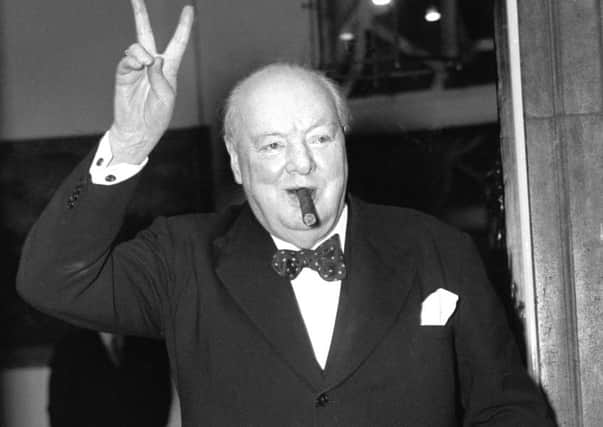How '˜rich husband shortage' brought bigger allowances for princesses


Today’s release of previously secret government papers reveals that in 1952 it was agreed daughters of the monarch should receive a civil list allowance of £6,000-a-year on reaching the age of 21, rising to £15,000 on marriage.
The increase was extended to cover the Queen’s 21-year-old sister, Princess Margaret, who remained unmarried until 1960.
Advertisement
Hide AdAdvertisement
Hide AdThe rise was justified “by reference to the economic circumstances of the day, ie the fact that it is no longer possible, given existing rates of taxation, for a daughter of the sovereign to marry a husband who will be able to support her from his private fortune on an appropriate scale”.
It still left royal princes better off, with sons of the monarch entitled to an income of £10,000 at the age of 21, increasing to £25,000 on marriage.
It did not include the Prince of Wales who received a separate settlement from the Duchy of Cornwall.
In 1952, Britain was, as now, in a climate of austerity. Wartime rationing of petrol and clothing had ended, but some foods and all sugar and confectionary was still strictly controlled.
Advertisement
Hide AdAdvertisement
Hide AdThe Conservatives had been returned to power in 1951 in an election that could be seen as a harbinger of the one called by Theresa May this year.
It had been triggered by the outgoing Labour PM, Clement Attlee, in an attempt to shore up the narrow five seat majority he had secured the previous year.
In the event, Churchill’s party was returned with a majority of 17, in a result which marked the beginning of 13 years in power, spanning four prime ministers.